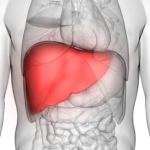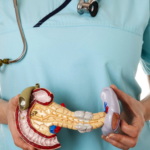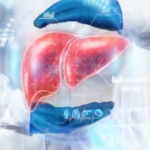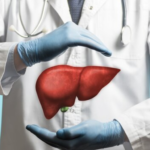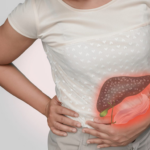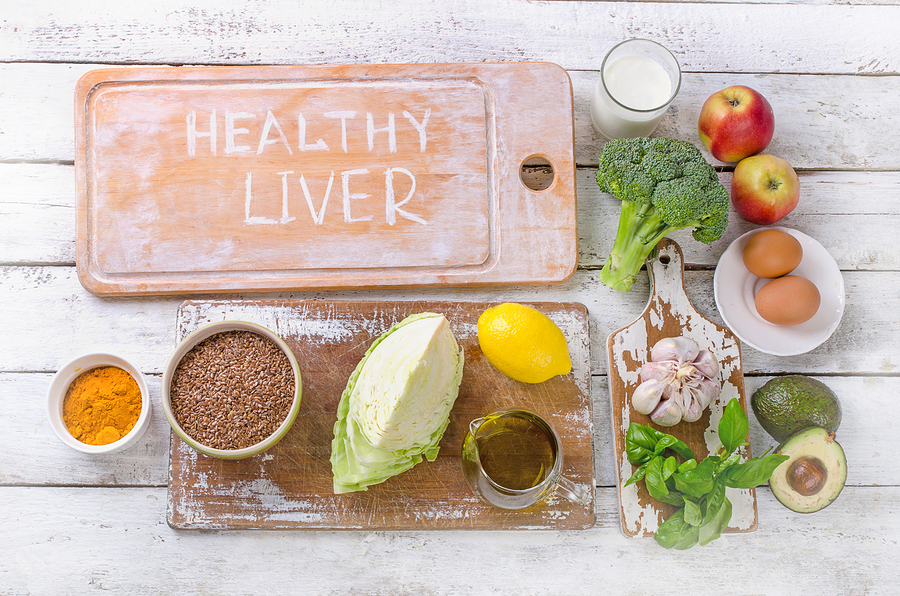
A liver transplant is a complex medical procedure that involves the replacement of a diseased or non-functional liver of a patient with a healthy portion taken from a suitable donor. The procedure is recommended for patients suffering from end-stage liver disease, who are not responding well to medication or any other treatment. A liver transplant in Pune is performed at all the leading hospitals and is a highly invasive procedure that requires proper rehabilitative care.
The liver forms a part of the digestive system which is responsible for detoxifying various metabolites. It is also responsible for the synthesis of important proteins and biochemicals that play a vital role in our digestion and growth. The liver produces bile juice, which is responsible for breaking down the fats present in the food that we eat. If the liver stops functioning normally, it can drastically impact all these important functions, resulting in life-threatening complications. The top liver specialist in Pune suggests that a liver transplant can not only help to alleviate the risks of such complications but can also help add some quality years to the patient’s life.
As the liver plays a vital role in digestion, it is very important to take care of your diet post-liver transplant. You have to be very particular about what to eat and what not to eat, as well as focus on maintaining a healthy weight and avoid health issues that can have a negative impact on your liver.
In this blog, we have answered some common questions about food safety post-liver transplant, with the help of experts from the best hospital in India.
Why is food safety important for a liver transplant patient?
A liver transplant is a major procedure after which will be required to take immunosuppressive medications for the rest of your life. These medicines are very important to avoid the risks of organ rejection, however, as you start taking these, your body’s natural defense system would be affected drastically. As such it is very important to focus on your diet to make up for all the lost nutrients and help you cope up with the changes and post-surgical trauma. Hence you have to focus on eating clean and cooking your food properly.
After your liver transplant, you may need to adjust your diet to keep your liver healthy and functioning well and to prevent excessive weight gain. You should maintain a healthy weight, which can help prevent infections, high blood pressure, and other complications. Your nutrition specialist (dietitian) and other members of your treatment team will work with you to create a healthy-eating plan that meets your needs and complements your lifestyle.
What you should eat after your liver transplant?
After you transplant you need to focus on eating healthy. It is very important to make sure that your diet is properly balanced. You don’t have to starve yourself neither you have to refrain from eating your favorite food. You can always find healthy substitutes for your favorite delicacies.
Try to eat at least four to five servings of fruits and vegetables in a day. This will not only boost your immunity but also help you to keep your weight under check
Add lean meat, poultry, and fish to your diet
Eat food products made of whole grain such as whole grain bread, buns, etc.
Eat food product loaded with fiber as this helped improve digestion and aid the liver in carrying out its functions efficiently
Use low-fat milk and dairy products to ensure healthy calcium levels in your body.
What you should avoid eating after a liver transplant?
While you are focusing on what to eat, it is also important to understand what you cannot eat after undergoing liver replacement. While certain food products benefit you, others can simply make your condition worse and it is very important to avoid these. These include,
Raw or undercooked seafood
Raw or rare cooked meat and other non-vegetarian food items
Undercooked eggs
Foods that contain raw eggs such as dressing cream and cookie dough
Milk and dairy products that are unpasteurized
Legumes like Bean and alfalfa sprouts
Liver Transplant Patients are Vulnerable to Food-borne Illness
Many people with weakened immune systems have a chronic illness of some type, such as cancer, kidney failure, chronic liver disease, diabetes, or AIDS. Liver transplant patients are also at risk because their immune systems are purposely suppressed to prevent donor organ rejection.
Can risks be controlled?
Yes. By following basic rules of food safety, people at risk can help protect themselves whether they eat at home or dine out.
How can I protect myself when I dine out?
The single most important thing to remember when you eat out is never to eat raw foods of animal origin, such as fish, beef (steak tartar), or seafood. Eating raw oysters, for example, can cause serious problems. Raw oysters can harbor a number of harmful organisms, including a particularly deadly bacterium called Vibrio vulnificus. For people with liver disorders, the death rate from eating this bacterium can be as high as 50 percent.
Do not eat undercooked foods of animal origin. This means no rare roast beef or undercooked hamburger. Avoid foods that include raw or undercooked eggs, such as Caesar salad, Hollandaise sauce, some custards, and chocolate mousse. Do not eat soft cheeses, and discard moldy foods.
Foods should be well cooked, and they should be served to you hot – not lukewarm. Cooking foods thoroughly destroys potentially harmful organisms, and not allowing foods to stand longer than two hours at room temperature helps keep them safe.
How can I protect myself at home?
According to the Centers for Disease Control and Prevention, one of the most important causes of food-borne illnesses at home is cross-contamination. Cross-contamination occurs when juices or blood from uncooked meat, poultry, or fish comes into contact with other foods by means of cutting boards, utensils, plates, countertops, or hands.
When you cut up raw chicken on your cutting board, place it on a plate, spread it in a bowl, and then put it in the oven, you have created several potential sources of foodborne disease:
The cutting board
The knife
The plate
The bowl
The counter
Your hands
All need to be thoroughly washed with hot, soapy water.
If you have more questions about food safety, Consult a Liver specialist in Pune
Dr. Prasad Bhate is a well-known and experienced consultant Liver Transplant Surgeon in Pune, Hepatologist & Gastroenterologist at Aditya Birla Memorial Hospital, Thergaon, Pune. He is also the founder of Dr. Bhate’s Gastro Liver Clinic and heads the Department of Gastrology and Liver Transplant in Pune.
